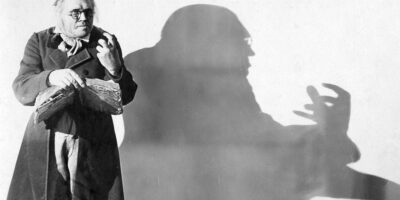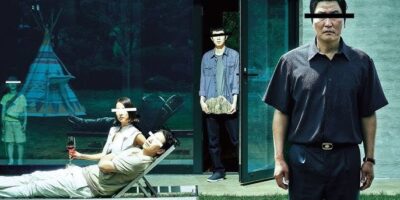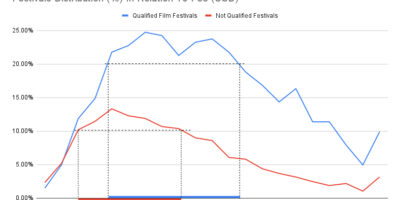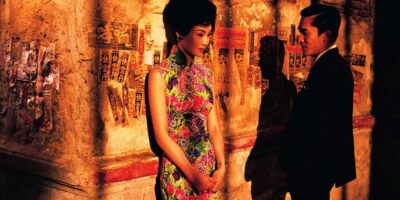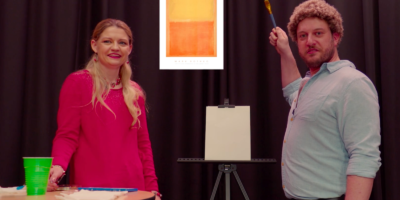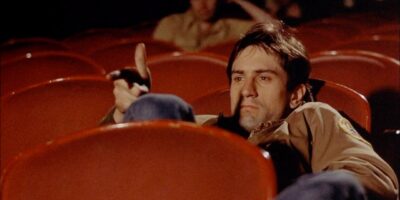We all love movies. But have you ever noticed something? Some films you can watch again and again, year after year, and they still feel great. Others, even big hits from a few years ago, feel… old. Why does this happen?
It’s not about special effects or big stars. The secret lies in what the film is really about.
Movies become “old” when they are too connected to a specific time. Cinema that show old-fashioned views on society, gender, or race can become uncomfortable to watch. Society grows, and outdated ideas feel stuck in the past. Think of it like a photo from a past fashion trend.
It is worth mentioning the “cool” stuff that isn’t cool anymore. Some movies try too hard to be modern. They use the latest slang words, show the newest phones, or feature popular music hits. The problem? Slang changes, technology gets updated, and music charts move on. In ten years, these things scream, “I was made in the 2000s!”
On the other hand, one should mention jokes that don’t land. Humor based on temporary internet memes or short-lived celebrity gossip loses its meaning very fast. It’s like telling a joke about yesterday’s news—no one gets it.
The next symptom can be special effects that age poorly. A movie that relies only on flashy, new CGI (computer graphics) can look fake in a few years when technology improves. The magic fades.
This does not apply to cult films, in which vintage style and excessiveness can become an aesthetic feature. That will be another post.
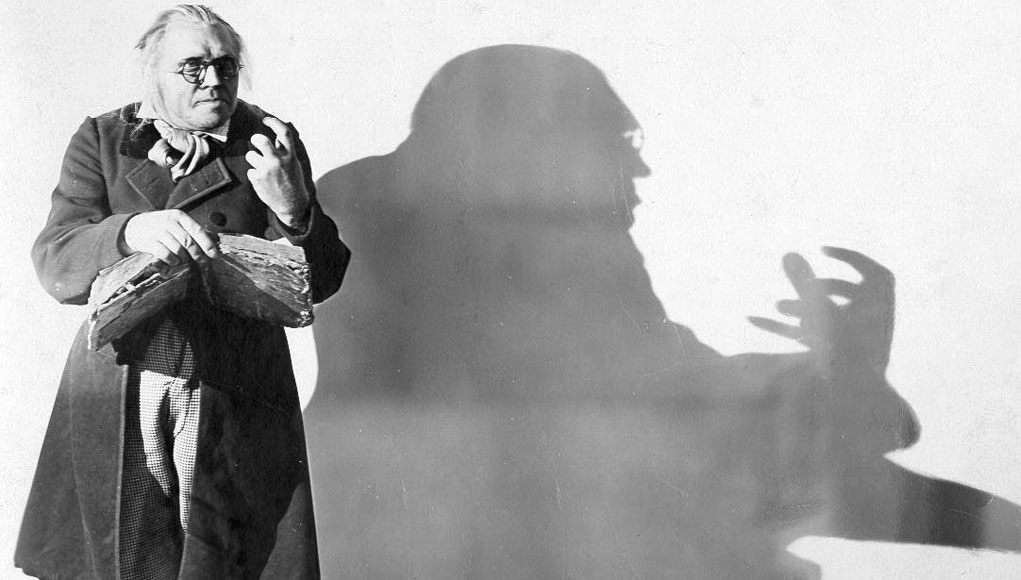
The Cabinet of Dr. Caligari (1920)
What Can Make a Movie Timeless?
“Timeless” films are like good friends—you always understand them, no matter how much time passes. Very often they focus on universal feelings: love, fear, hope, jealousy, ambition, the search for meaning. These human emotions are the same today as they were 100 years ago and will be 100 years from now. A story about a father trying to connect with his son, or a person facing their fears, will always be relevant.
They have relatable characters. We remember characters, not plots. We connect with Luke Skywalker’s desire for adventure, or with Woody’s fear of being replaced in Toy Story. If the characters feel real with clear wants and fears, we will always care about them. Such films tell simple, powerful stories. But we must not forget that absolute conformity to accepted norms is a direct path to oblivion. Timeless movies often don’t try to look like our world. They build their own. The world of Star Wars or The Lord of the Rings has its own rules, so it never feels outdated. It exists outside of our time.
Next, we have compiled a list of useful tips on how to avoid disappointment and boredom when viewing your newly created masterpiece:
-
Dig Deeper Than the Surface: Don’t ask, “What is popular now?” Ask, “What do all people, everywhere, worry and dream about?” Write a story about that.
-
Make Your Characters Human: Give them flaws, hopes, and struggles that everyone can understand. The audience should see a little bit of themselves in your hero.
-
Be Careful with “Modern” Details: You don’t have to avoid modern life completely, but don’t make it the star of the show. If you use technology, make it simple or invent your own. Focus on how people interact, not on what gadget they are using.
-
Focus on the “Why”: A great story is not about what happens, but why it matters to the characters. If the “why” is powerful and emotional, the “what” will feel important forever.
-
Create with Heart, Not Just for Hype: Make a movie you truly believe in, not just one you think will make money. Authenticity and passion are feelings that never go out of style.
In the end, a timeless film is a mirror to the human soul. It reminds us of who we are, what we feel, and what we can be. And that is a story that never gets old.

